Fabiana Possamai Wills
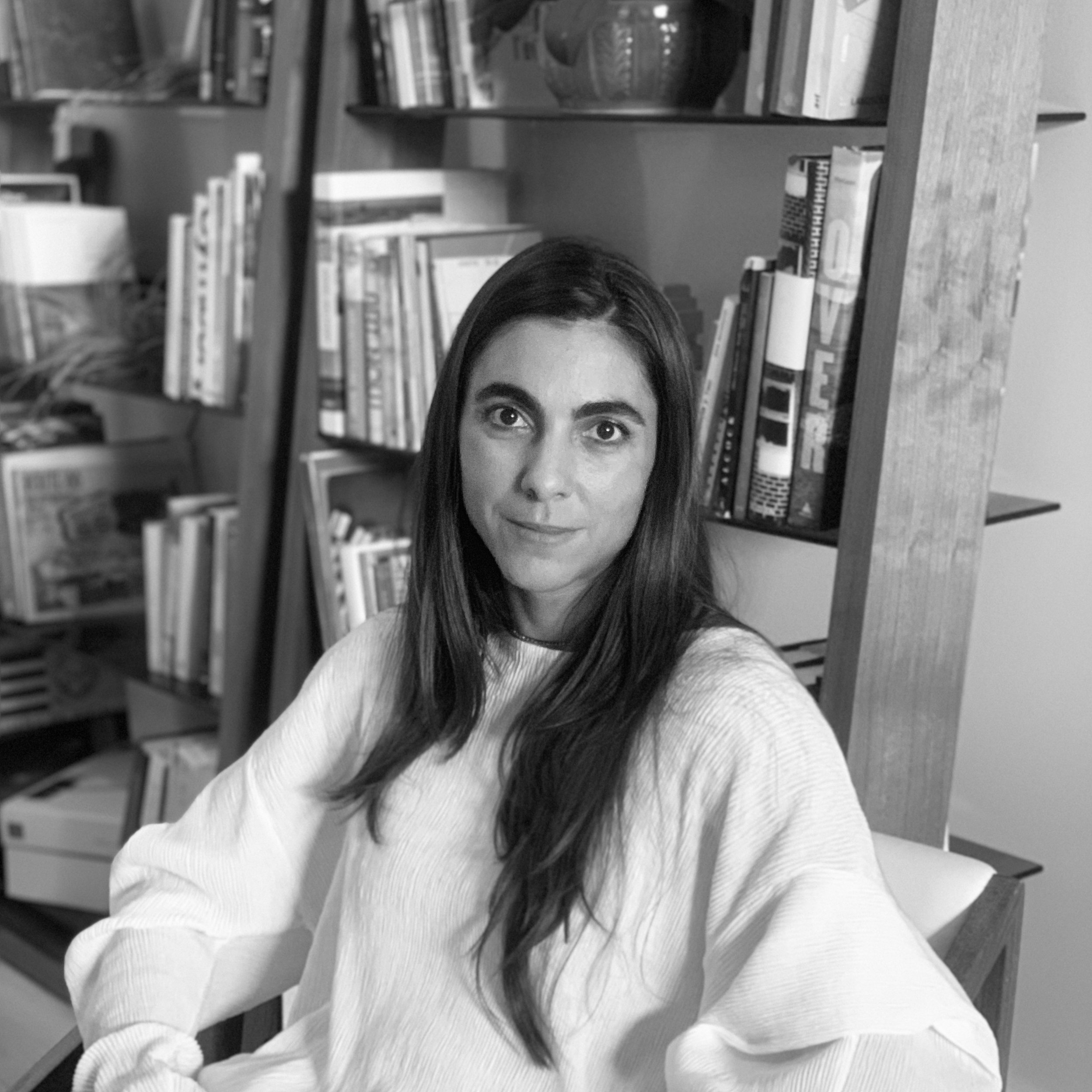
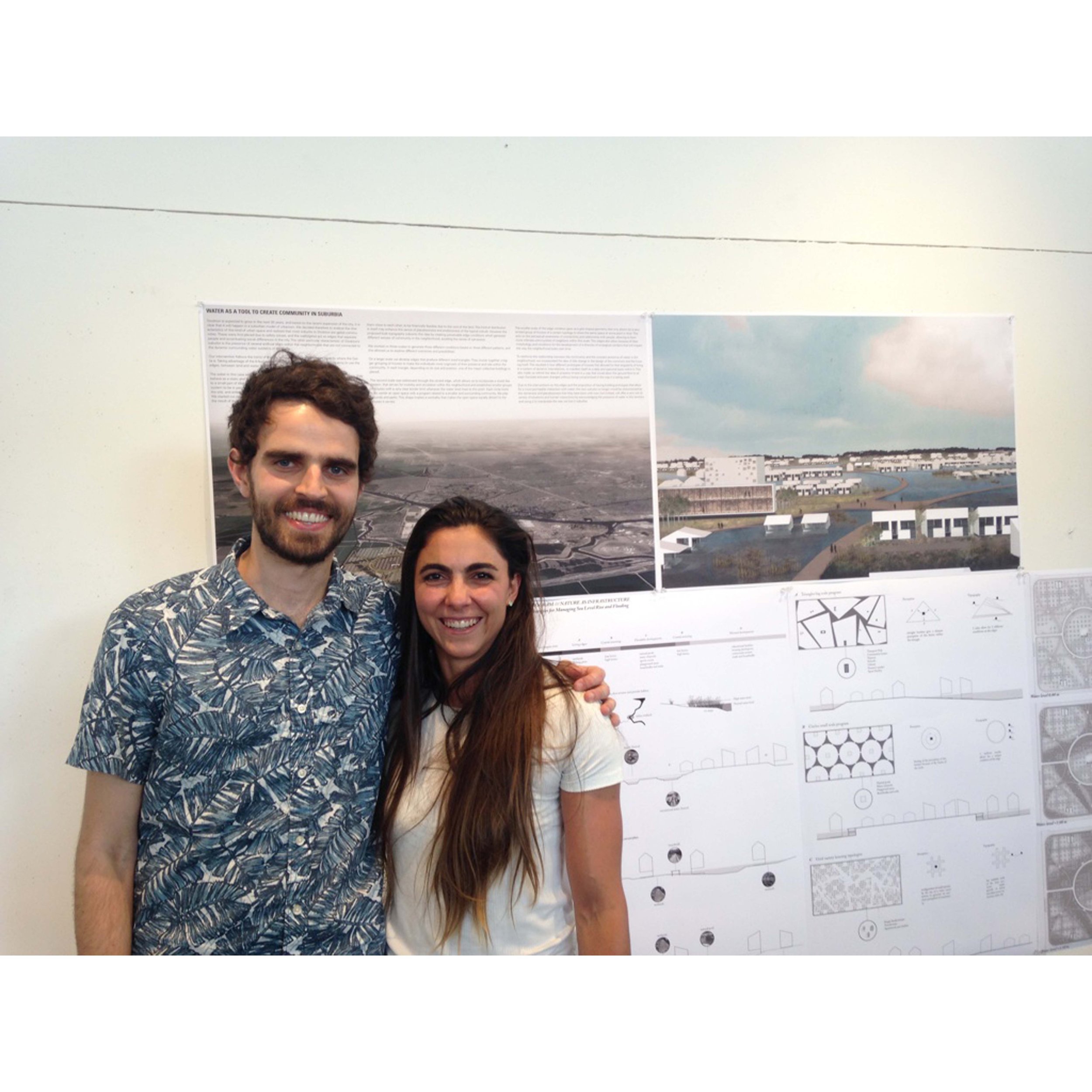
ABout Fabiana
Fabiana Possamai Wills is an architect and urban designer. Her interdisciplinary work has allowed her to explore on the renewal of inactive landscapes, sprawling urban areas, and the intersection between infrastructure and architecture to generate strategies that promote sustainable environments and the activation of urban spaces.
She is currently an adjunct professor at Florida International University and Florida Atlantic University in the Department of Architecture, as well as an invited professor at the Universidad Central de Venezuela in Caracas in the Department of Architecture and Urbanism. Fabiana is the founder of Lugar Común Arquitectura, an architecture and urban design project and research studio based in Venezuela and the US, and has finished several projects since 2009. She was invited to the XI National Biennial of Architecture 2014 in Caracas, Venezuela, and the X Ibero-American Biennial of Architecture and Urbanism 2016 in Sao Paolo, Brazil with the project “La Casa de la Abuela”. In 2012 she was invited to participate in the Glen Murcutt International Master Class. Her work has been recently published in “Entre Rayas 132, La Casa: Practica, Docencia, e Investigacion, November 2019”.
Fabiana has a Bachelor degree in Architecture and Urbanism from the Universidad Central de Venezuela and a Master degree in Advanced Architectural Design from the California College of the Arts. She is a registered architect in Venezuela since 2009.
What did you do before you came to CCA? Why did you decide to study Urban Works?
Before coming to CCA I had a practice in Venezuela and was working mainly on residential and commercial projects, my passion had always been to work on urban-scale projects for the city, but the political and economic realities of my country didn’t allow for that. In 2014 I left Venezuela and looked at opportunities for a post-professional degree that was more inclined with my interests and would satisfy my need to work in urban environments with an impact on the public, I studied in France in the Architecture des Milieux program at Ecole Special d’Architecture and then found out about the Urban Works Program at CCA and quickly realized it was a perfect fit for me. The program approached urban design seen through a sensitive and broader lens that addressed the political, social, and environmental aspects of a community and I found these aspects extremely relevant in today’s global context.
Can you describe your time at CCA? What were some of the projects you did or were involved in that meant the most to you, and what did you learn from your time here?
During my time at CCA, I had the pleasure to meet professors that broadened the way I understood urban design and the impact it has on a large scale in multiple aspects of our lives. I was introduced to new concepts that in the Latin American context where I performed as an architect, were not discussed or not addressed due to the lack of infrastructure. I was involved in a project that dealt with the housing crisis in San Francisco, we approached it as a spatial issue that must be addressed at the urban scale. The goal was to add 100,000 housing units, proposing new forms of density that challenged the relationship between housing prototypes and public space and infrastructure, topography, and land ownership. I also worked on a project that taught us to think of architecture in a territorial scale. It intended to create new urban typologies with a domestic and public program in the hinterland regions, we worked in Stockton where communities would migrate due to the cost of rent in the city and the future development of the highspeed train so new infrastructures would be needed in the area.
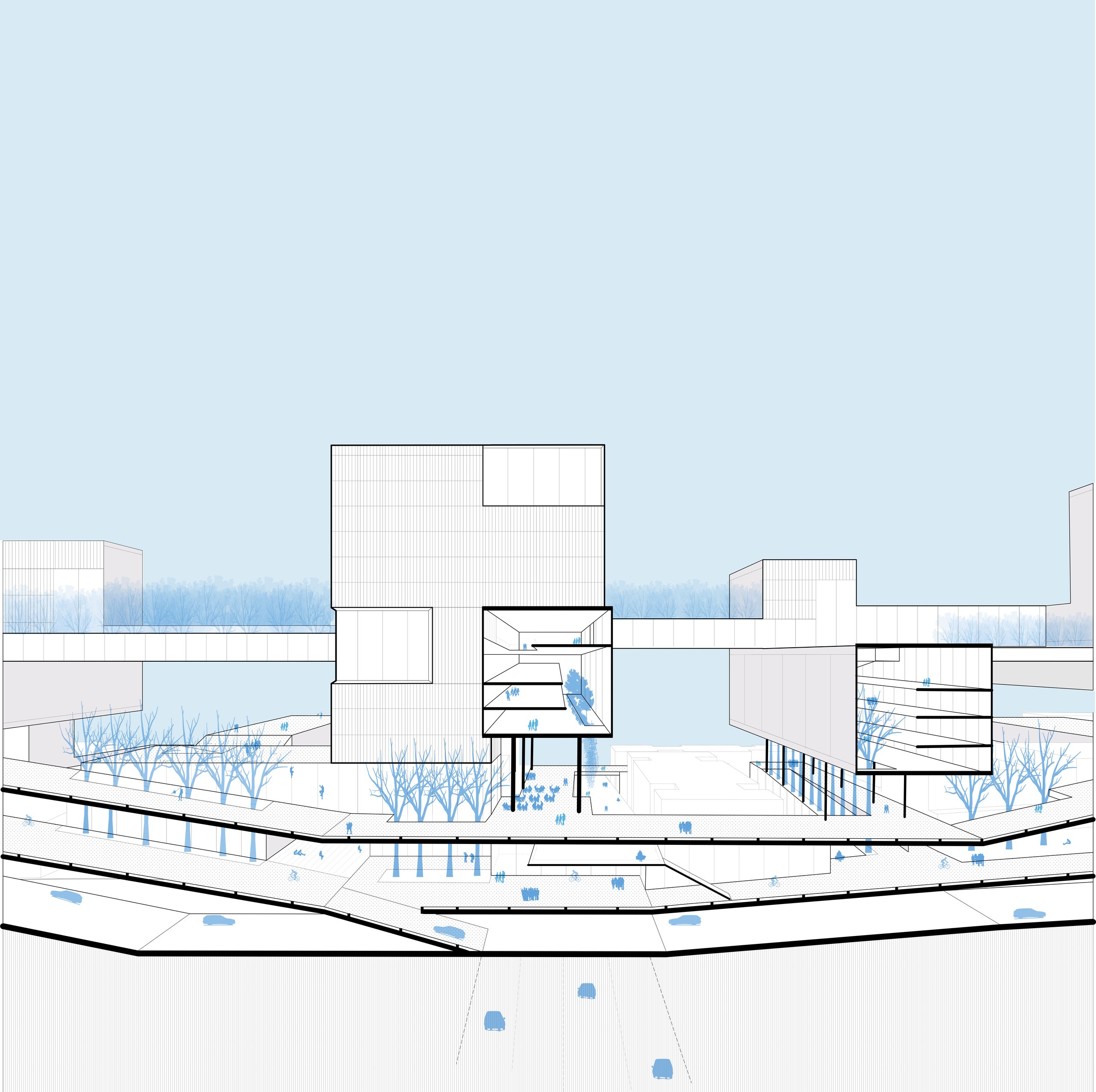
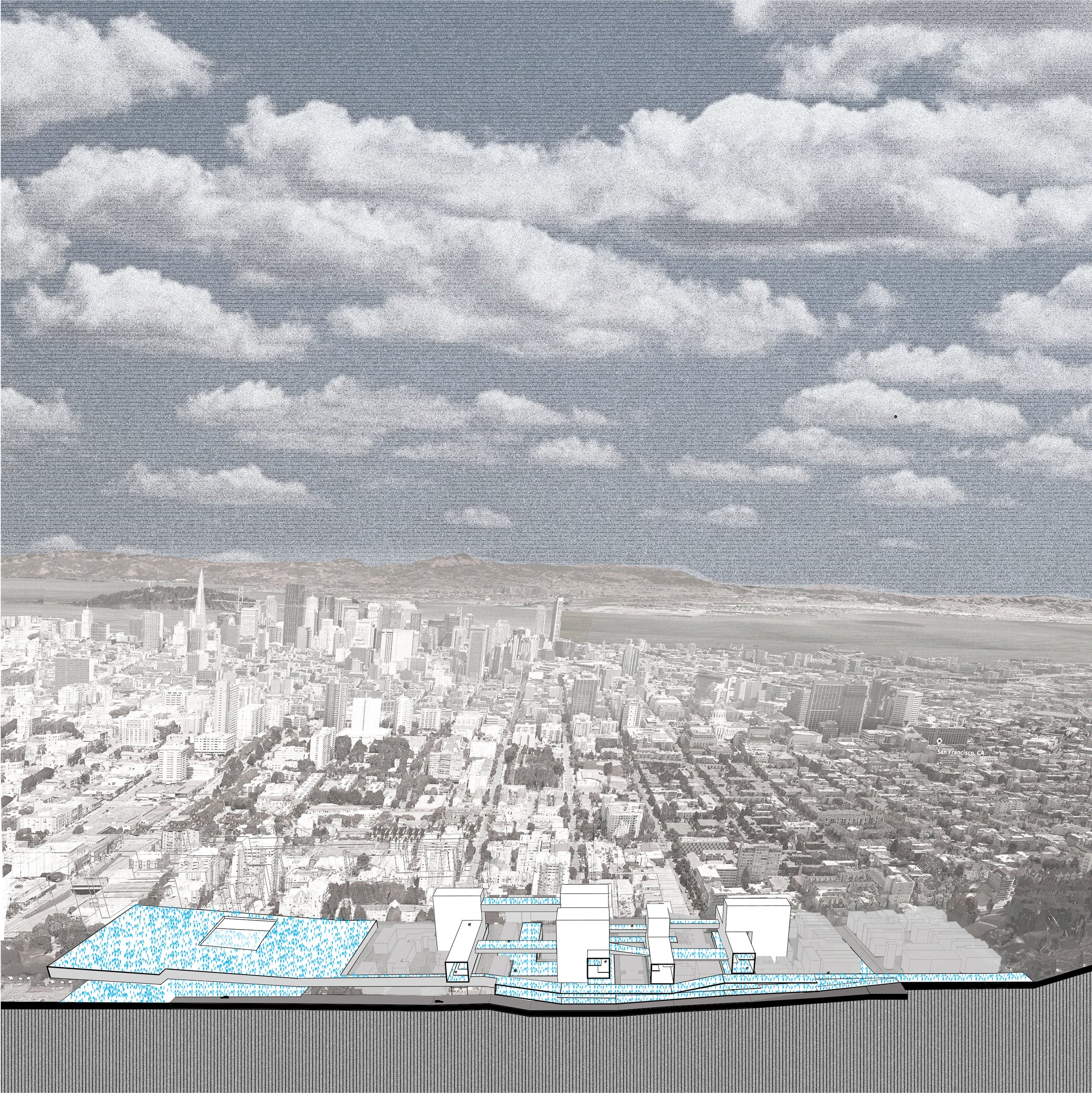
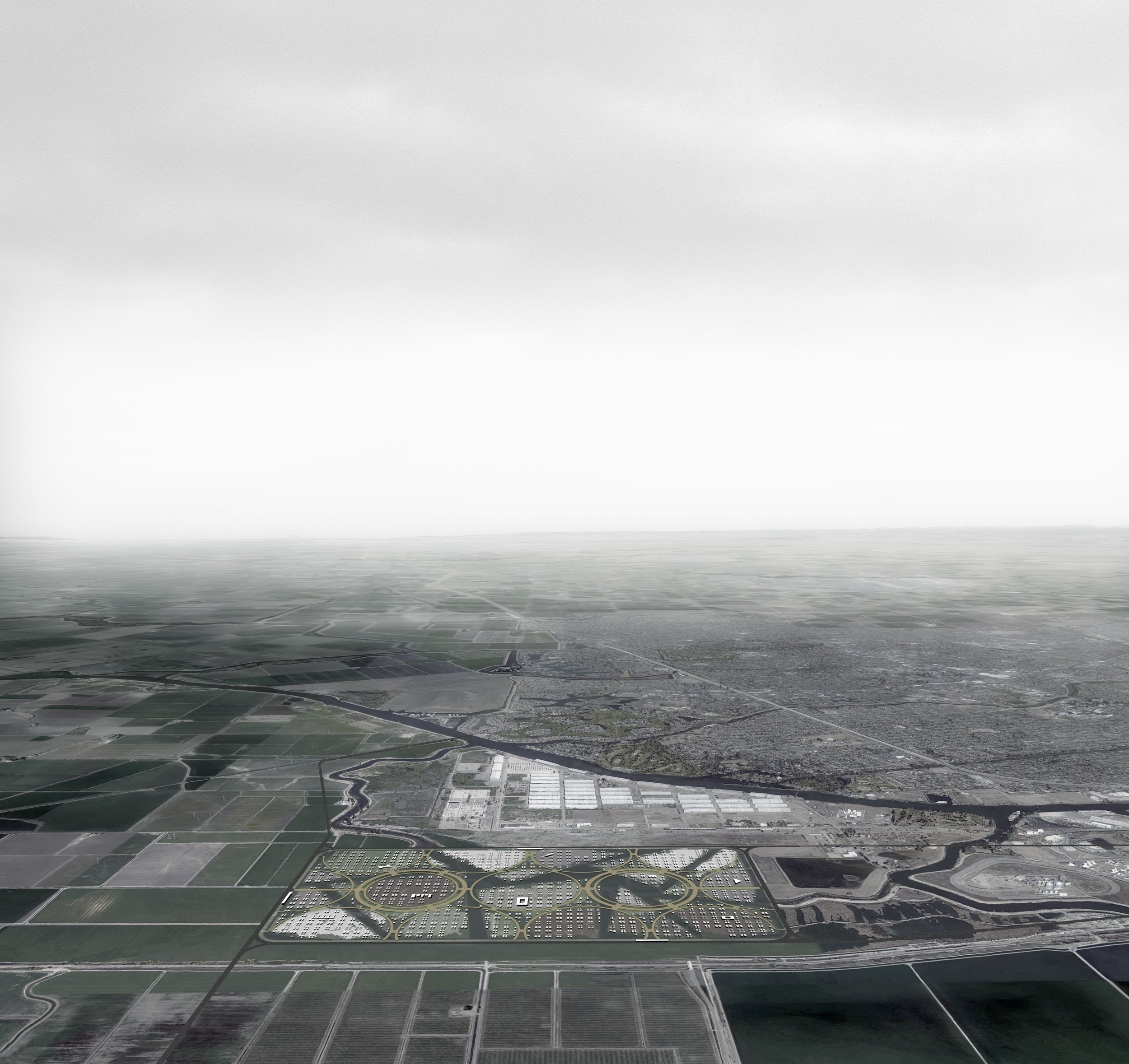
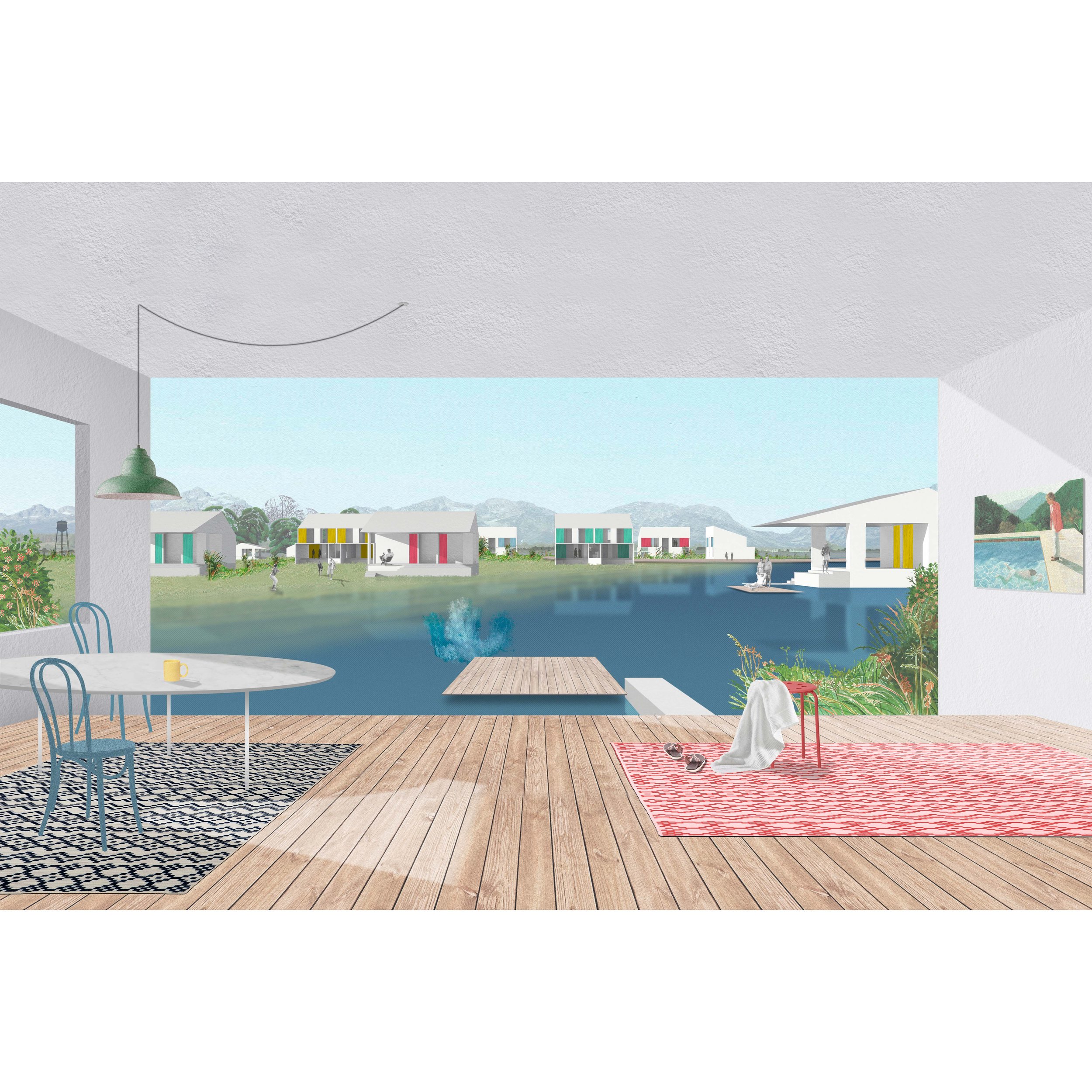
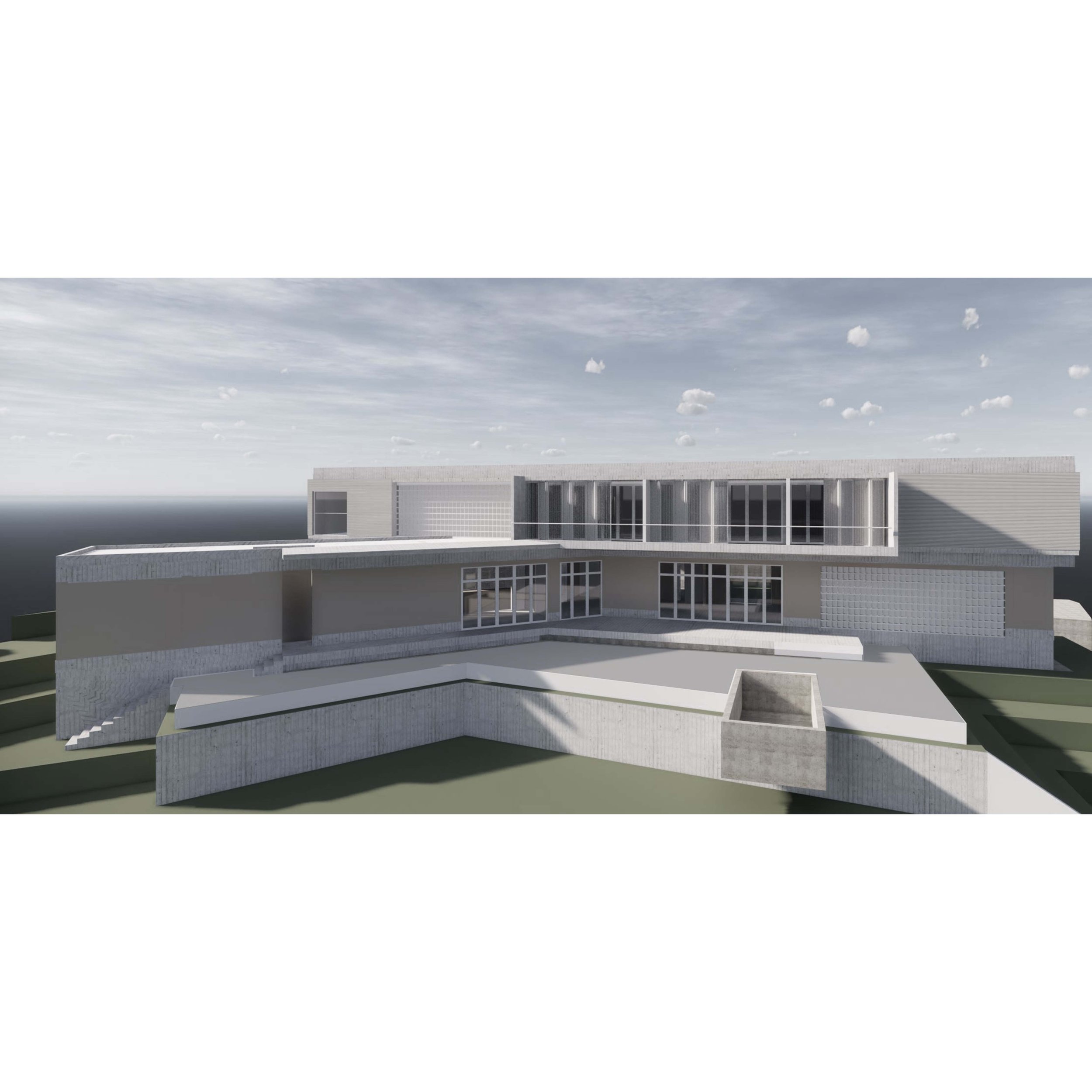


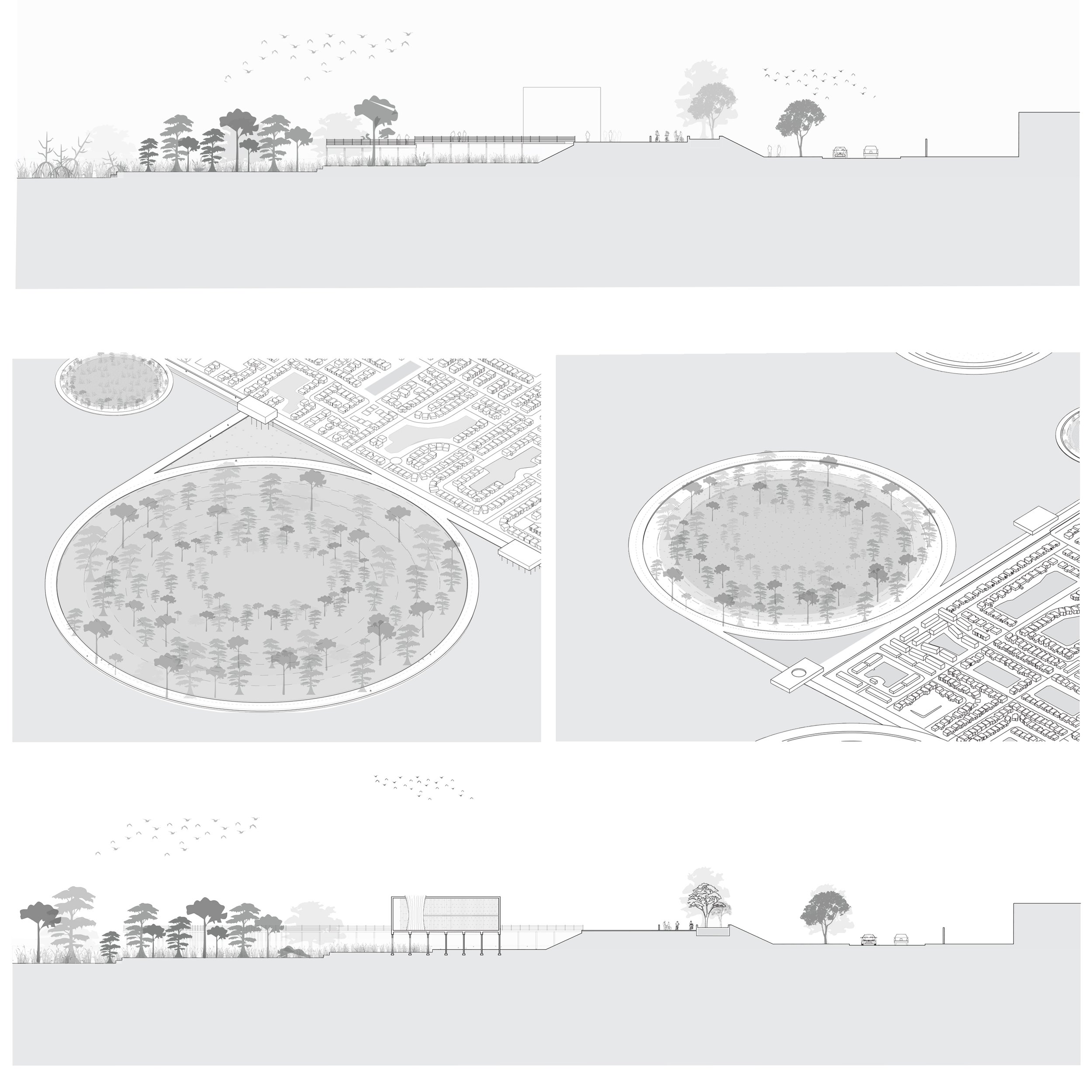
What kind of work have you done since you graduated? How has your education and experience at CCA related to that work?
As a professional, I have continued to work in Venezuela in several residential and commercial projects and collaborate on multidisciplinary projects that search to empower and impact communities in slums by enriching the quality of the public spaces. In the Academic, as a professor, I work on design-research-based projects that address the housing issues in America as well as engaging in large-scale territorial projects in suburban areas along the Everglades in Florida. It is thanks to my time at CCA and everything I learned that I am able to continue to pursue these matters as a form of investigation and design with my own students. Some of these projects have rendered a line of investigation that eventually I was able to share and apply in the Venezuelan context with local students, these gave them the opportunity, as I had during my time at CCA, to learn these new concepts and apply them to their contextual reality.
